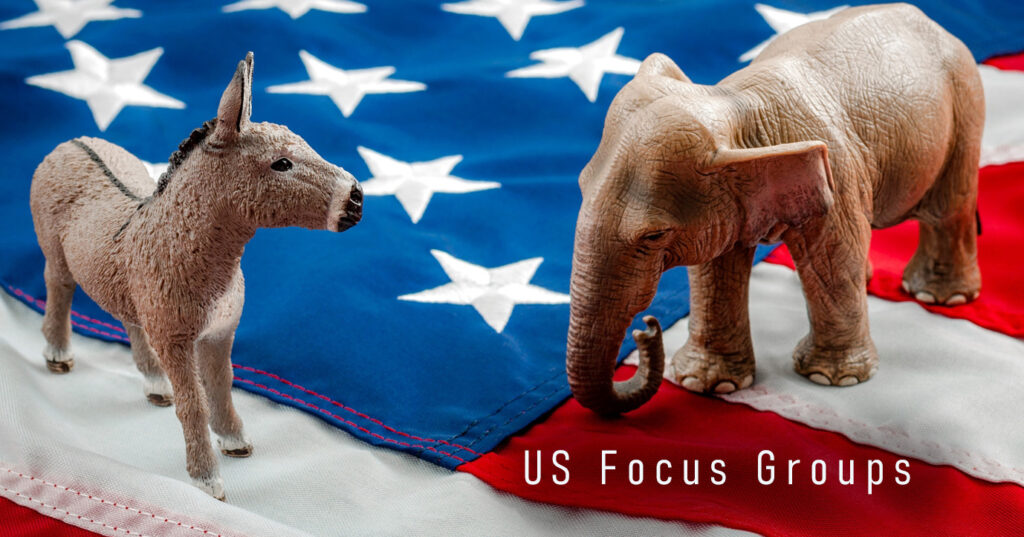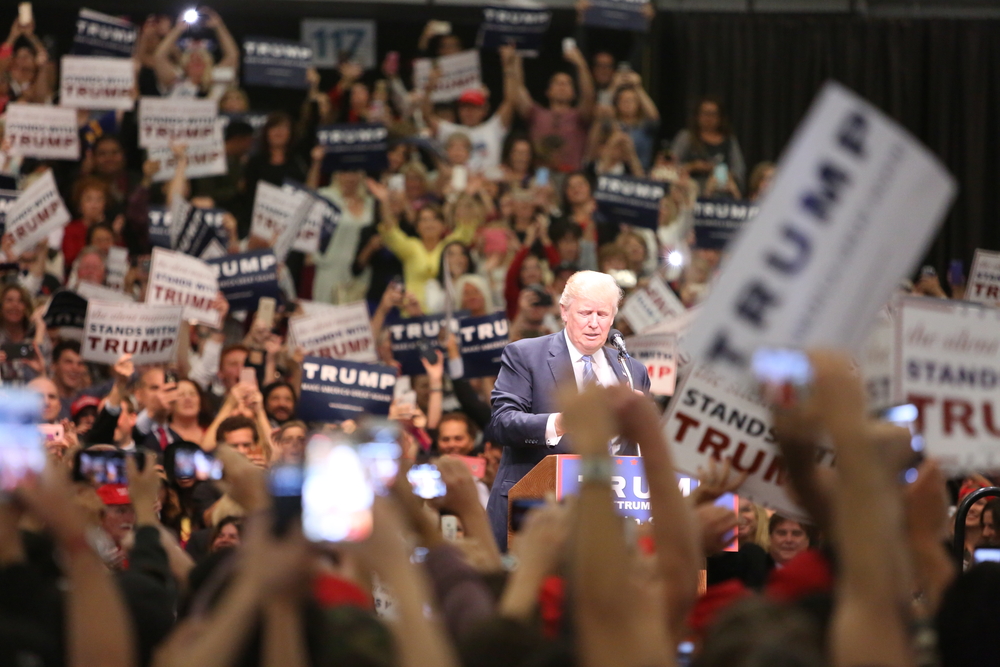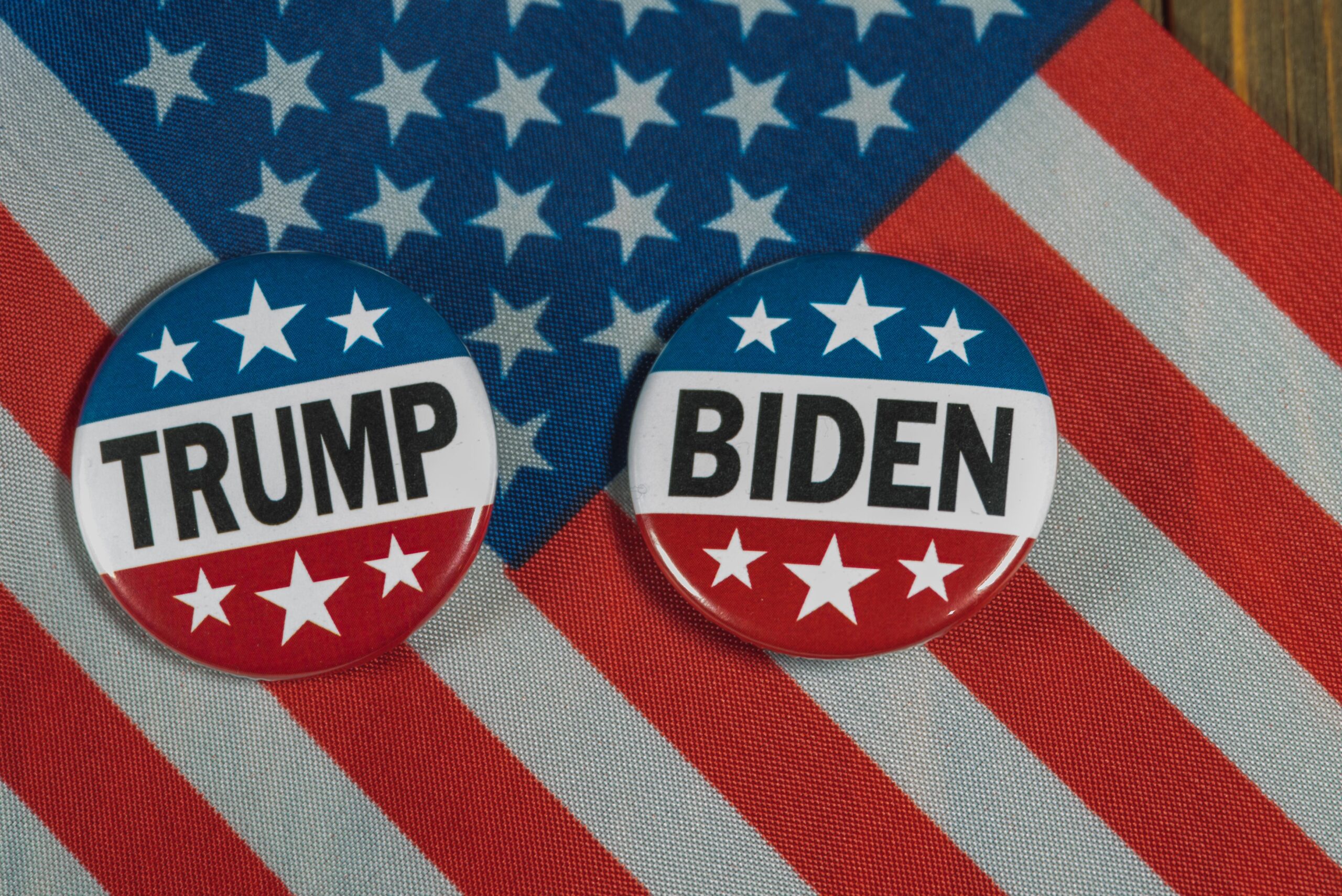
Since the recount that transfixed the world sixteen years ago, Florida has become known as the ultimate swing state. With one exception, Florida has been carried by the winning candidate in every presidential election since 1964. Most recent polls here give Hillary Clinton the edge in the presidential race, but since both she and Donald Trump have visited Tampa this week, it is clear neither side thinks the race here is over. Meanwhile, Marco Rubio, the Republican Senator who was one of Trump’s rivals in the primary, faces a tough battle to hold on to his seat on Capitol Hill.
According to Joe Scarborough, the host of MSNBC’s Morning Joe show and a former U.S. Congressman from the Florida, his home remains “a true swing state” despite having voted twice for Obama, with most polls showing Hillary Clinton ahead. “You just have to elect the right type of Republican that can win there. And Donald Trump, and his attacks on Hispanic voters, especially Mexicans at the beginning of the process just didn’t help him with the large numbers of Hispanics in the state of Florida.”
That was certainly borne out in our focus groups with Hispanic voters in Miami. Not only did they dislike the way he had talked about immigrants (though many agreed that borders needed to be controlled more effectively), they felt his rhetoric had “tapped into something really down and dirty in our country,” widening divisions that were already there: “Trump opened a closet where there were a lot of people who would not express some of their bigotry… Some people who were very quiet suddenly came out and said, ‘oh, we can be ourselves’.”
The unfortunate truth that they don’t want to hear
For Joe, the most surprising thing about the 2016 campaign was that Donald Trump “never made the pivot” from the primary campaign to his wider, general election audience. “He always said, even during the primary he would tell us, ‘I’m going to make the biggest pivot you’ve ever seen in your life’.” Instead, “he is giving the same speech today that he gave back in the fall of last year. And he has to know that that doesn’t get him elected President of the United States.” Why, then, does he do it? “I think it’s the only thing that he knows, it’s the only thing he can do, and it’s the only thing that he wants to do. I suspect, at the end of the day, he’s more focused on starting a TV network than he is getting elected president.”
Joe and his co-presenter, Mika, had known Trump for years before he ran for president. Had their relationship changed when they started to cover him as a candidate? “You could say that!” Trump started to tweet some unpleasant things about them, and “it got really nasty”. They still talk, but still Trump “can’t understand why I’m so tough on him. And I said, ‘Donald, if my mother was calling to ban over a billion Muslims, I would be giving her hell on TV’.”
How does he see the future of the Republican party when all this is over? “It’s gonna be rough. But I’m far less sceptical than most. We’ve seen it time and time again, the prediction of a party going over the cliff, and it never happens.” After Goldwater’s defeat in 1964 the commentators said he had set back the cause of conservatism for a generation, but two years later Ronald Reagan won a landslide in California and began the revolution that reshaped America’s political landscape. The same had happened with Democrats in 1984 and 1988, “then Bill Clinton comes along.” The GOP had to “figure out how to clean up our nominating process and elect sane people that can say things in the primary that don’t end up haunting them at the general election. And a lot of this has to do with courage, being able to stare down your base and tell then the unfortunate truth that they don’t want to hear.”
A cannon that’s ready to go off
In Tampa, home of the MacDill Air Force Base, our focus groups of people with close family connections to the military reflected unhappily on the two potential commanders in chief. “There are a lot of nasty things going on in the world, and here we are having this reality show for an election.”
As we have heard elsewhere, the thought of how Trump and Clinton would act on the international stage helped clarify the choice, but for these voters, the issue felt rather closer to home: “I’m about to head to a pretty volatile area not too long from now, and I’ll be close to a very trigger-happy dictator”. Most of these participants did not think very highly of Hillary, but she seemed a safer pair of hands: “Do I trust Hillary Clinton? No, I don’t trust any of the politicians, honestly. But I feel like, given her experience, she has less chance of starting World War Three because she has the international political connections over the last two terms in her position.” Hillary might be more hawkish than Obama but Trump is a “buffoon” who could “go off half-cocked and cause a lot more than he planned. He’s like a cannon that’s ready to go off but you don’t know when.”
Brexit all over again?
Though Hillary Clinton’s lead is unambiguous, Trump supporters argue that the polls underestimate their man’s support, and hold out Brexit as an example (indeed Trump himself this week said he was “Beyond Brexit”, “Brexit plus”, and “Brexit times five”). Could the numbers be missing something? The renowned pollster Kristen Soltis Anderson thinks it unlikely: “The margin by which you had Remain ahead of Leave in the Brexit polls is much smaller than the margin by which you have Clinton ahead of Trump. So for the polls to be wrong here, they would have to be wrong by an enormous magnitude in order for this election to turn out much differently.”
Kristen’s book The Selfie Vote: Where Millennials Are Leading America (And How Republicans Can Keep Up) gives much thought to how the GOP could win over the rising generation of voters. How does she think the party is doing taking her advice? “Oh goodness, you could not have created a candidate more opposed to everything that I wanted for the Republican Party than Donald Trump.” Whether because of his demeanour, his attitude to diversity, the message about “turning back the clock to make America great again, instead of looking forward with a more optimistic message,” Trump “has been the opposite of what the Republican Party has needed.” One study had shown that if only millennials were allowed to vote, the map would be “a sea of Democratic states” with Trump winning just 25 of the 538 electoral votes. “She may well win the youth vote by a larger margin than Obama ever did, even though she is much less liked than he ever was.”
Landslide?
If all the swing states turn out as the polls currently suggest, Hillary could be looking forward to a significant victory. Indeed, as the presidential historian Jon Darman points out, “there’s a good chance she could win a very large electoral college majority, greater even than the majority that President Obama won in 2008. Once you start talking about more than 350 electoral votes, that gets up into the territory of an electoral college landslide.”
Should such a result come to pass, the Republicans could remember the example of 1964, when Barry Goldwater was trounced by the Democrat Lyndon Johnson. One of the few highlights of Goldwater’s campaign was a speech entitled A Time For Choosing, delivered by an actor called Ronald Reagan. As Jon says, “the comfort for the Republican Party right now is that as bleak as things seem and as unclear as the path ahead may be, their saviour may be out there figuring it out without anyone really even knowing it.”
The latest edition of the Ashcroft In America podcast, featuring Joe Scarborough, Kristen Soltis Anderson, and highlights from our Florida focus groups is here


